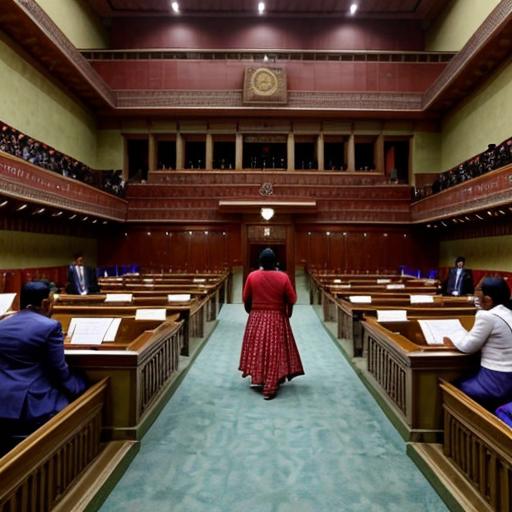Introduction:
In the quest for a more inclusive and representative democracy, the Women’s Reservation Bill stands as a crucial milestone in India’s political journey. This blog aims to delve into the significance of the Women’s Reservation Bill in the Indian Parliament, examining its potential to reshape the political landscape and pave the way for greater gender equality in the country.
- Historical Context:
The struggle for women’s rights in Indian politics has deep roots, and the Women’s Reservation Bill is a significant chapter in this narrative. Tracing its origins, we uncover the historical journey of this transformative legislation and its evolution through the years. - Addressing Gender Disparities:
Gender disparities in political representation have long been a concern. The Women’s Reservation Bill proposes to reserve a percentage of seats in the Lok Sabha and state legislative assemblies for women, providing them with a more substantial platform to actively participate in decision-making processes. - Political Empowerment:
Increased representation of women in the political sphere goes beyond mere numbers. The bill seeks to empower women politically, fostering an environment where their voices, concerns, and perspectives are integral to shaping policies that affect the entire nation. - Breaking the Glass Ceiling:
The reservation bill is a decisive step toward breaking the proverbial glass ceiling that has limited the participation of women in politics. By ensuring a minimum representation, the bill creates opportunities for women to ascend to leadership positions and contribute meaningfully to the governance of the nation. - Impact on Legislation:
A more diverse and gender-inclusive parliament is likely to influence legislation positively. Women legislators bring unique perspectives and priorities to the table, ensuring that policies address a broader spectrum of issues, including those that disproportionately affect women and marginalized communities. - Challenges and Criticisms:
While the Women’s Reservation Bill is a beacon of hope, it has faced its fair share of challenges and criticisms. This section explores the debates surrounding the bill, addressing concerns raised by various stakeholders and analyzing the potential roadblocks to its successful implementation. - Global Comparisons:
Taking a global perspective, we examine how other countries have approached gender representation in politics. Drawing comparisons, we explore the successes and challenges faced by nations that have implemented similar measures, providing valuable insights for India’s journey. - Public Opinion and Awareness:
The success of the Women’s Reservation Bill hinges on public awareness and support. This section discusses the role of public opinion in shaping the destiny of this legislation and emphasizes the need for a collective understanding of its implications for a more equitable society.
Conclusion:
In conclusion, the Women’s Reservation Bill in the Indian Parliament is a pivotal step toward realizing gender equality in the country’s political landscape. By providing a platform for increased female representation, the bill not only addresses historical imbalances but also heralds a future where the voices of women resonate powerfully in the corridors of power. As the nation grapples with this transformative legislation, it becomes a collective responsibility to champion the cause of gender equality and recognize the integral role women play in shaping the destiny of India.

